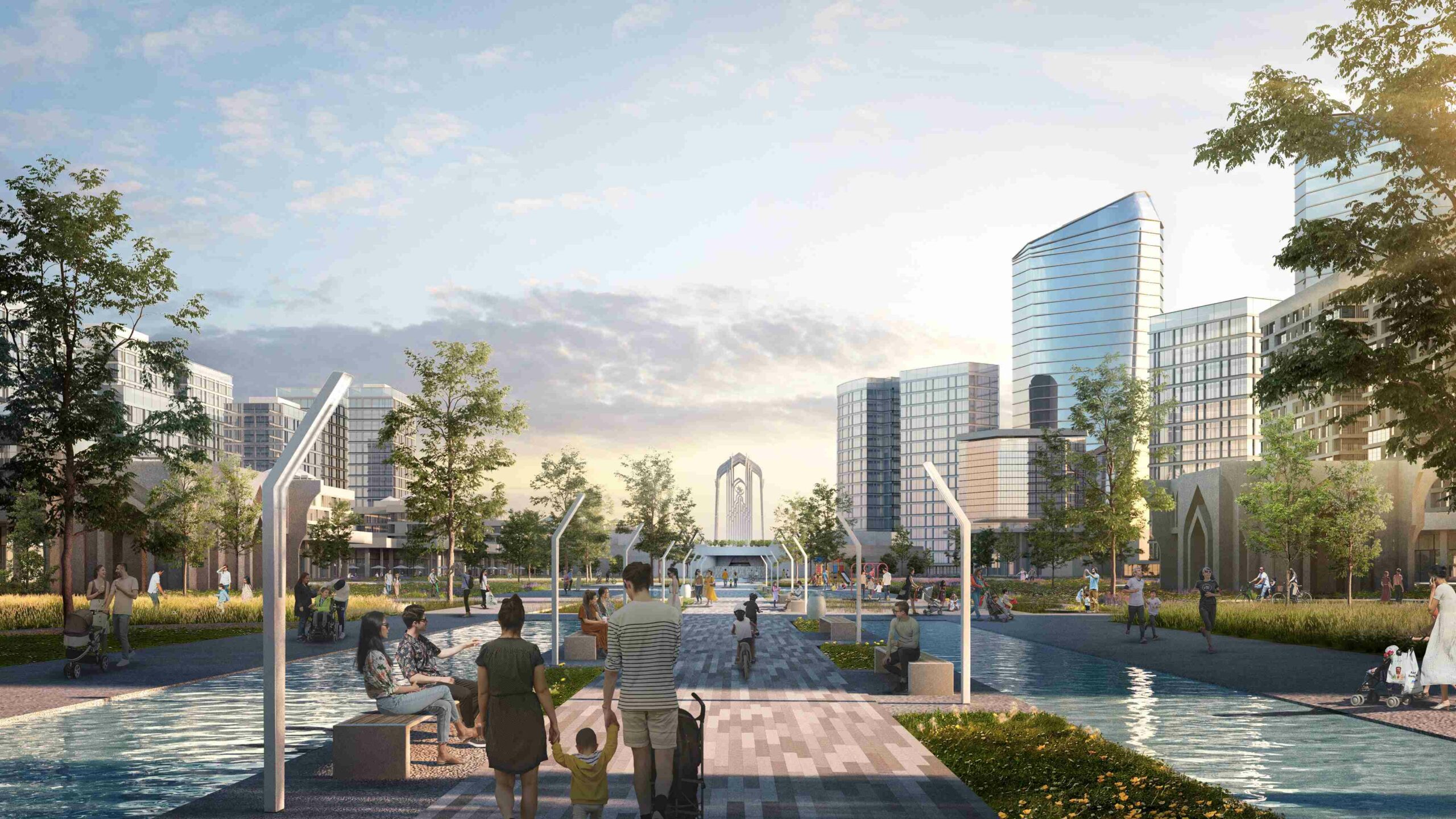In an era where global economies are racing toward digital transformation, Punjab has taken a decisive leap. Under the leadership of Nawaz Sharif, the provincial government has launched a major Information Technology (IT) infrastructure project in Lahore’s Central Business District (CBD) an initiative that could redefine the region’s development trajectory. While infrastructure projects are not new to Punjab, this one carries a strategic depth rarely seen before. It blends economic ambition with technological foresight and holds the potential to unlock jobs, nurture innovation, and elevate Punjab’s position on the global tech map.
What makes this development especially significant is its timing. As countries around the world invest heavily in smart cities, AI, fintech, and clean tech, Punjab’s move to develop an integrated IT district places it in direct alignment with global trends. At the same time, it taps into the province’s most underutilized resource: its youthful, tech-savvy population.
A Platform for Inclusive Growth
The CBD IT project is not merely about constructing tech parks and office blocks, it is about creating a platform for digital empowerment and economic renewal. Built at the heart of Lahore’s emerging CBD, the district will serve as a central node for startups, global IT firms, digital services providers, and research institutions.
Estimates suggest that the project could generate over 50,000 direct and indirect jobs in the next five years, ranging from software developers and IT administrators to support staff and educators. This would be a substantial boost in a province where youth unemployment remains a persistent challenge. Importantly, the initiative also includes plans for skill development centers and tech academies, ensuring that the local workforce is not only employed but equipped for long-term success.
Supporting Local Businesses and SMEs
The trickle-down impact of this digital district will be felt far beyond its geographic boundaries. Local businesses, especially small and medium enterprises (SMEs) stand to benefit immensely. With access to faster internet, cloud services, fintech platforms, and e-commerce support, SMEs will be better positioned to scale, compete, and innovate. For many, the infrastructure provided by this IT district could be the missing link between potential and performance.
READ MORE: Android Users in Pakistan Alarmed by Dialer Changes — But It’s Just a Google Update
Moreover, the clustering of tech companies within the district is expected to create a synergistic innovation ecosystem. Proximity fosters partnerships, between businesses, universities, and investors, accelerating product development and knowledge exchange.
Aligning with the Global Digital Economy
The global IT and digital services market is expected to exceed $1 trillion by 2030. If Punjab can capture even a small share of this growth through exports, investment, and service provision, the impact on GDP could be profound. The CBD IT project makes this aspiration far more realistic.
It also dovetails with the federal government’s Digital Pakistan vision, helping modernize not just industry, but also public services, governance, education, and healthcare. Punjab is, in essence, building the foundation for a future-ready province.
Challenges and the Road Ahead
No large-scale project is without its hurdles. Concerns around data protection, infrastructure maintenance, and equitable access must be addressed through clear regulatory frameworks and ongoing public engagement. Furthermore, inclusivity should remain a central theme. As the IT district flourishes, policies must ensure that rural areas and underserved communities are not left behind in the digital divide.
But these are not reasons to hold back, they are reasons to move forward more deliberately. With a transparent roadmap and collaborative governance, the CBD IT initiative can become a model of tech-driven urban planning in South Asia.
A Vision worth Supporting
The Punjab government’s IT infrastructure initiative is a statement of confidence in the province’s future. It sends a clear message: Punjab is ready to compete, connect, and create. By nurturing a tech-forward ecosystem, the government is laying the groundwork for sustainable growth, not just for today, but for generations to come.
It is rare to see a project that so effectively connects infrastructure, innovation, and inclusivity. If executed with the same boldness that birthed it, the CBD IT project could become the centerpiece of Punjab’s economic renaissance. The opportunity is here. Now is the time to build.




